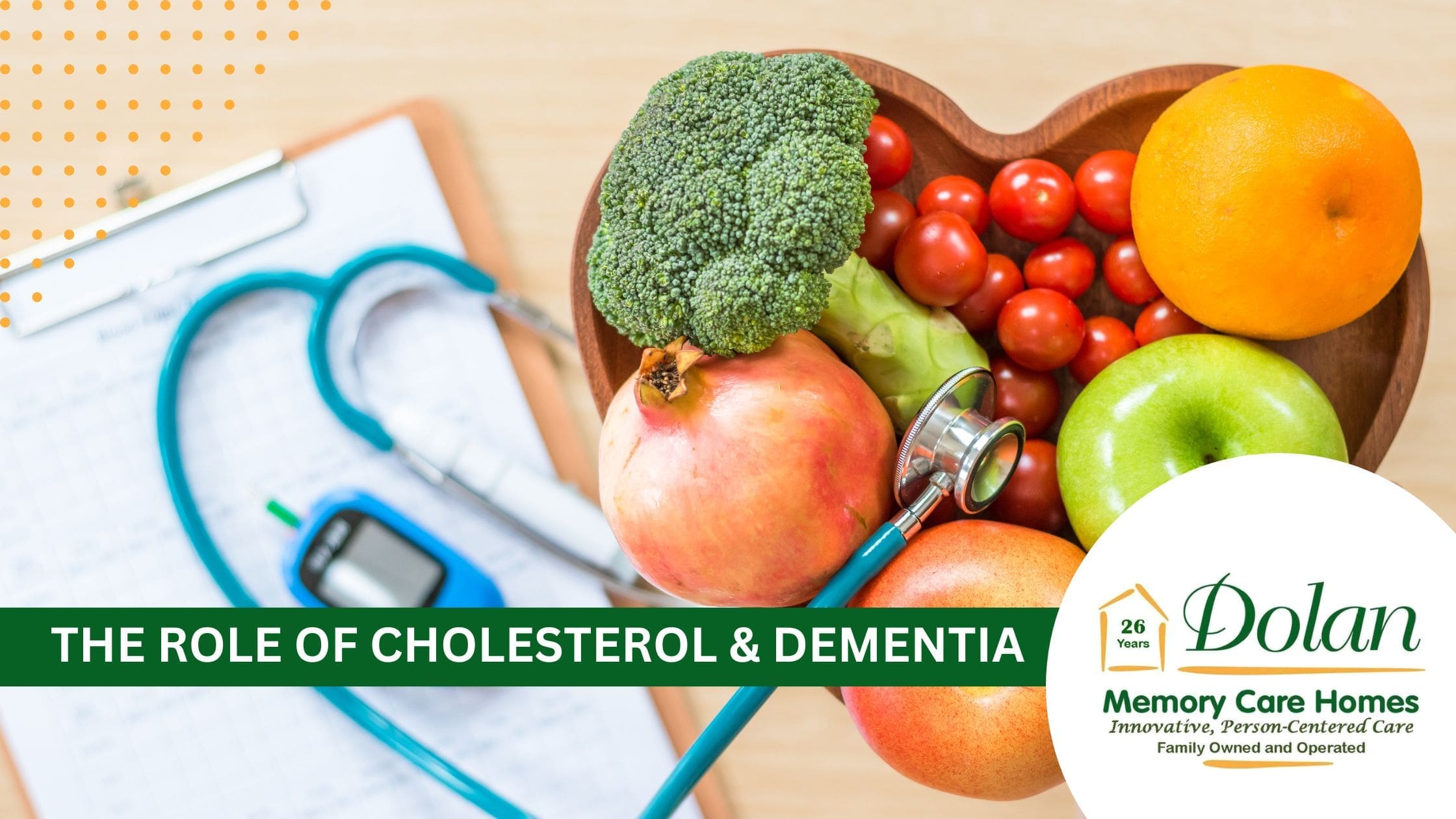In 2023, there have been a number of interesting developments in dementia and Alzheimer’s research. Researchers have continued to study everything from the causes of Alzheimer’s to the warning signs to watch for and even potential treatments.
Some of the latest dementia research to be published highlights a correlation that might seem unexpected: cholesterol and dementia. A new study published in the journal Neurology explored the relationship between dementia and cholesterol, and the implications this relationship could have for preventing dementia.
What is Cholesterol?
Cholesterol is a waxy, fat-like substance found in all the cells in the human body. It has a bit of a bad reputation, but your body actually needs some cholesterol to circulate blood, build cells, and make vitamins.
There are two kinds of cholesterol: LDL (known as “bad cholesterol”) and HDL (known as “good cholesterol”). When you have too much bad cholesterol or not enough good cholesterol you could be at higher risk for health concerns like heart disease, heart attacks, and stroke.
Cholesterol is naturally produced in the body, but can also be impacted by external factors and lifestyle choices. For instance, foods that contain palm oil or coconut oil (including many baked goods) are very high in cholesterol.
The Relationship Between Cholesterol and Dementia
So where does dementia come into all of this? Could cholesterol be one of the causes of Alzheimer’s?
While we can’t determine that quite yet, research published this year does provide some insights into the relationship between dementia and cholesterol. The study mentioned above, published in Neurology, followed older adults for 17 years. It looked at their cholesterol levels and whether or not they developed dementia during that time.
The findings? “Bad” cholesterol (LDL-C) did not have a significant association with dementia risk, but “good” cholesterol (HDL-C) did. Even more surprising is that researchers found both very low and very high levels of HDL-C were associated with higher dementia risk.
Thus, despite all the other negative health outcomes of high cholesterol, it is not only high cholesterol that’s associated with dementia. And “bad” cholesterol doesn’t actually seem to be correlated with dementia at all.
Future Research and Implications
Knowing that cholesterol levels could impact dementia risk is important as we work to advance the ways we diagnose and prevent dementia. This study suggests that HDL-C levels could be a modifiable risk factor for Alzheimer’s and dementia. If people are able to keep their cholesterol levels in a normal range by eating well and making healthy lifestyle choices, they may also be reducing their risk of dementia at the same time.
While the findings above are a great start, they are not enough to conclusively say that high or low HDL-C is associated with dementia. More research needs to be done. In particular, this study did not explore whether high or low cholesterol levels cause dementia. To gain a better understanding of what dementia is caused by, future studies will need to be conducted.
So it turns out that “good” cholesterol might not be all good after all. As studies continue to be conducted, more information about the association between cholesterol and dementia will come to light. This research is a great starting point to grow our understanding about the role of cholesterol in dementia.
Sources:
https://www.heart.org/en/health-topics/cholesterol/about-cholesterol
https://www.bu.edu/sph/news/articles/2023/both-high-and-low-hdl-cholesterol-tied-to-increased-risk-of-dementia/ https://n.neurology.org/content/101/21/e2172





